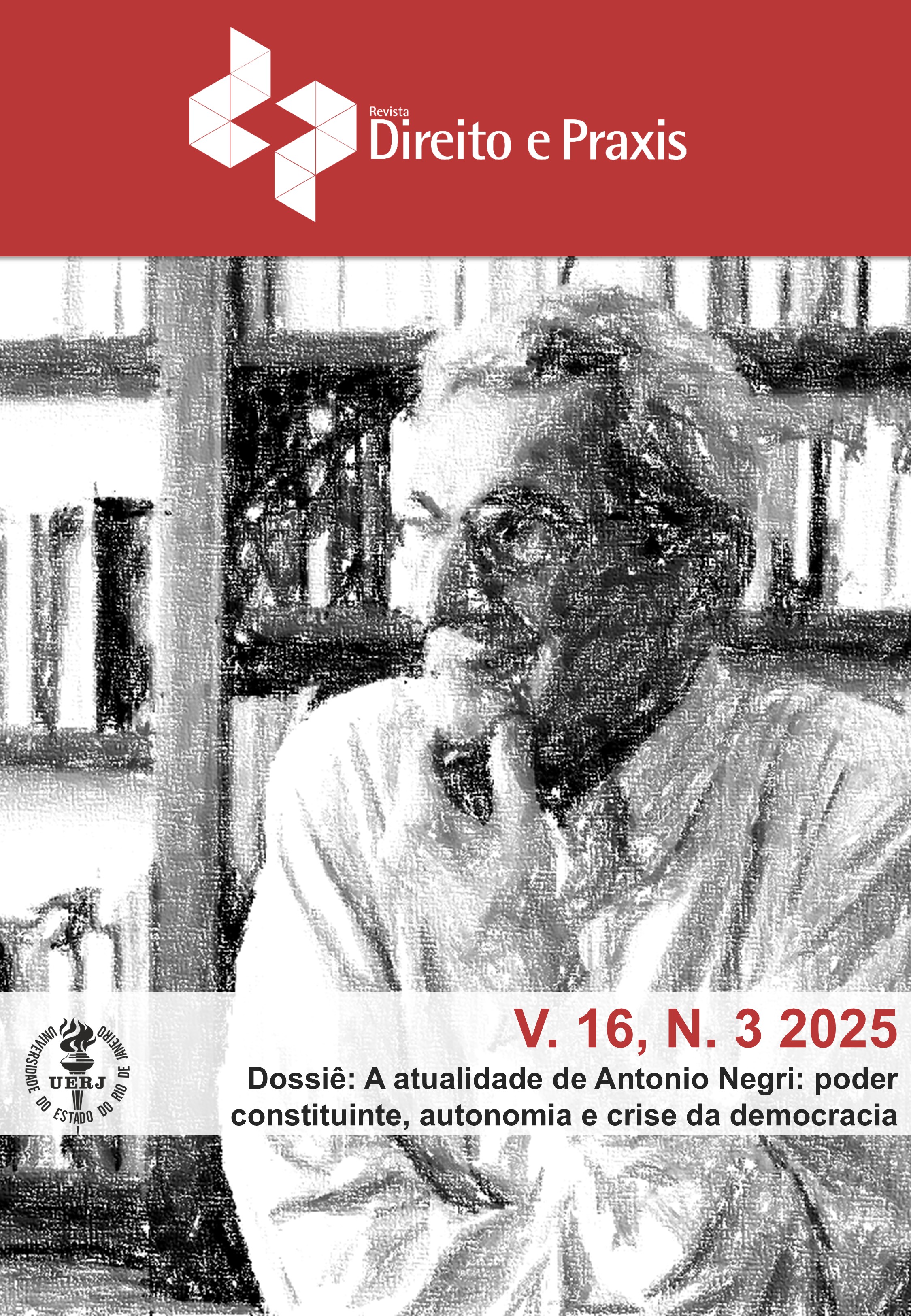Queering legal cultures in the late 20th century Brazil
redemocratization and the struggle for sexual rights
Keywords:
Brazilian Homosexual Movement, Queer Cultures, RedemocratizationAbstract
https://doi.org/10.1590/2179-8966/2025/82828
The redemocratization process in Brazil was understood by organized groups as a unique opportunity for demanding social change. The Brazilian Homosexual Movement (MHB) played a pivotal role in the fight for sexual rights, emerging as a pioneer in the struggles for sexual diversity in the country. This article addresses the contributions of MHB to shape law through queering legal cultures in the late 20th century. We conducted a literature review on the movement’s formation and its effort at dialogue with the Legislative branch, highlighting important findings in the issues of the newspaper Lampião da Esquina (1978-1981). From the analysis of these primary and secondary sources, we seek to demonstrate how the work carried out by the MHB was relevant to modify the Brazilian juridical system, overcoming legal stereotypes, and rethinking law. We also present reflections about scholarships on queer theories that seek to transform law in Brazil.
Downloads
Downloads
Published
How to Cite
Issue
Section
License
Copyright (c) 2025 Thais Duarte Zappelini (Autor/a)

This work is licensed under a Creative Commons Attribution 4.0 International License.
The authors the sole responsibility for their texts.
It is allowed the total or partial reproduction of the articles of the Journal Law and Praxis, if the author is mentioned.
This work is licensed under a Creative Commons Attribution-Noncommercial-Share Alike 4.0 Unported License.
This license allows you to copy and redistribute the material in any medium or format for any purpose, even commercial, provided the original authorship is cited.
This work is licensed under a Creative Commons Attribution 4.0 International License.



